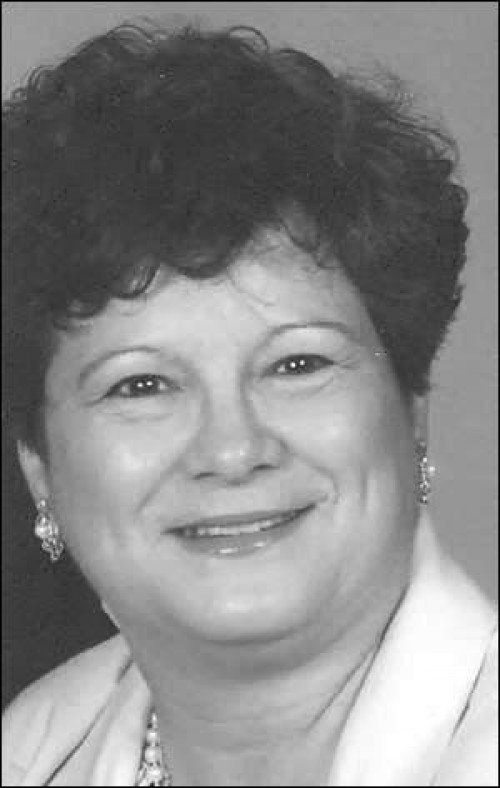
Kathryn Gautreaux
September 24, 2007September 26
September 26, 2007(AP) Lack of a coherent U.S. energy policy threatens to feed into a sense of “energy insecurity” in this country, the president of Shell Oil Company said last week. John Hofmeister told local business leaders it doesn’t have to be that way.
“We have seen our country pass, in my opinion, the tipping point of energy supply keeping up with energy demand in ways that secure our future,” he said. As a result, he said, prices have been volatile and high – good for economic growth but, “the bad news is, we need ever more energy from the natural resource base of this country, which is prohibited from development by public policy – public policy, which inevitably feeds energy insecurity if we don’t do something about it.”
Shell endorses a plan that in the short-term would see more oil and gas development and exploration; in the midterm, support that and the further development of alternative energy; and in the long-term, add into the mix new technologies that would spur new energy supplies and manage greenhouse gases, he said. He did not say how long a period he envisioned for each, though he said Shell is currently involved in alternative energy projects, including such things as wind and hydrogen fuel.
The United States relies heavily on foreign oil to meet its nearly 1 billion gallons-a-day demand, Hofmeister said, and he suggested that could be eased with an easing of development restrictions offshore and on unspecified public lands. For example, he said 15 percent of the Outer Continental Shelf – an area he said is believed to hold vast stores of untapped oil and gas reserves – is open to exploration and production off of the Gulf Coast.
Oil companies won’t drill where they’re barred, “but then the nation will not get the energy that they might otherwise get, and Americans will face what I believe is not just an energy crisis, ladies and gentlemen, but even as important as an energy crisis to the economy and to our lifestyle is the crisis of social injustice that would play out across this country as the haves have all the energy they can buy and the have-nots can’t afford energy,” he said.
Ann Morgan, vice president for public lands for The Wilderness Society, said government figures show that 40 million onshore acres are currently under lease in the United States, while just 12 million of those have been drilled. Offshore, she said, 40 million acres also are under lease but just 7 million are in production.
“We believe some lands are appropriately leased and some are not appropriate for leasing, but by scaring the American public by saying they don’t have access to the resource is doing a disservice,” she said.
New Orleans is the 44th of 50 cities that Shell plans to visit in an effort to speak to and hear from local leaders and consumers.
The national tour, which began in June 2006, was borne of the “public animosity” and frustration that followed the 2005 hurricanes and high spikes in fuel prices, a Shell spokeswoman said.






